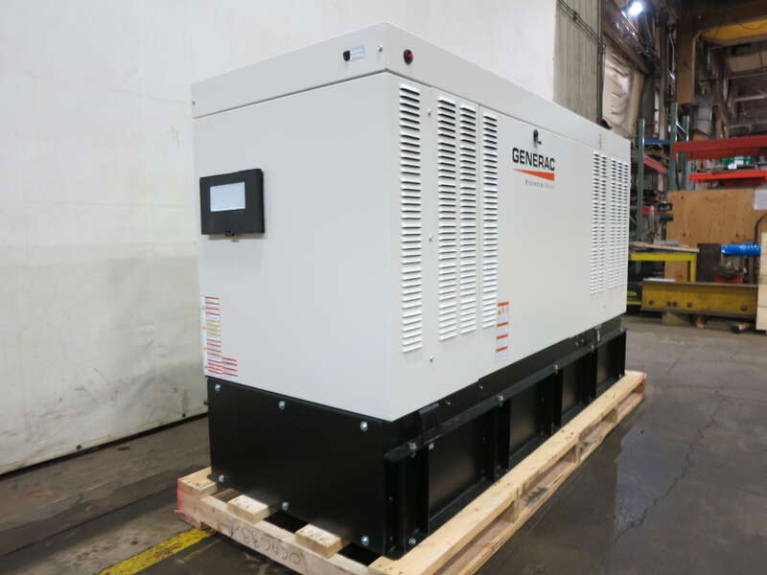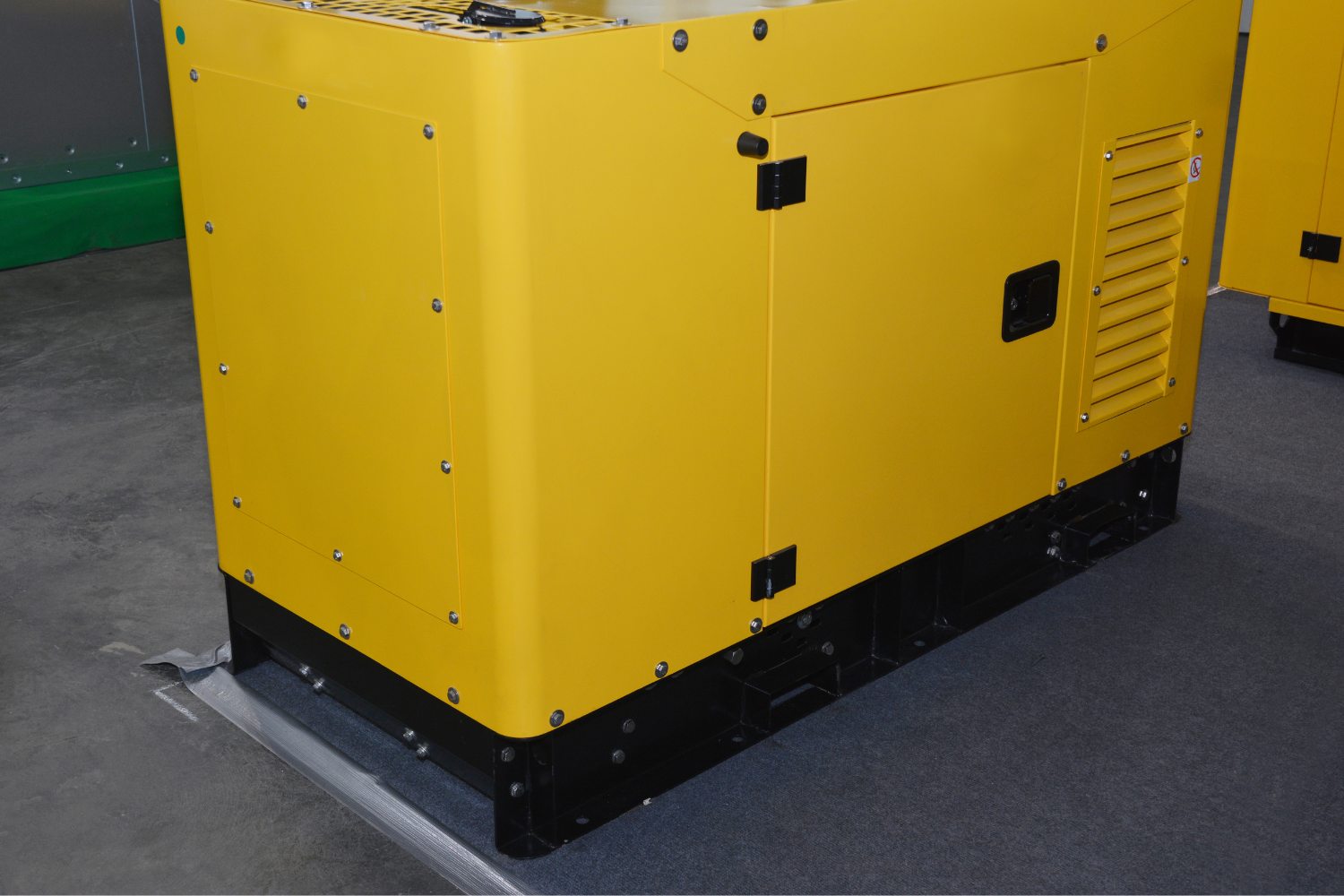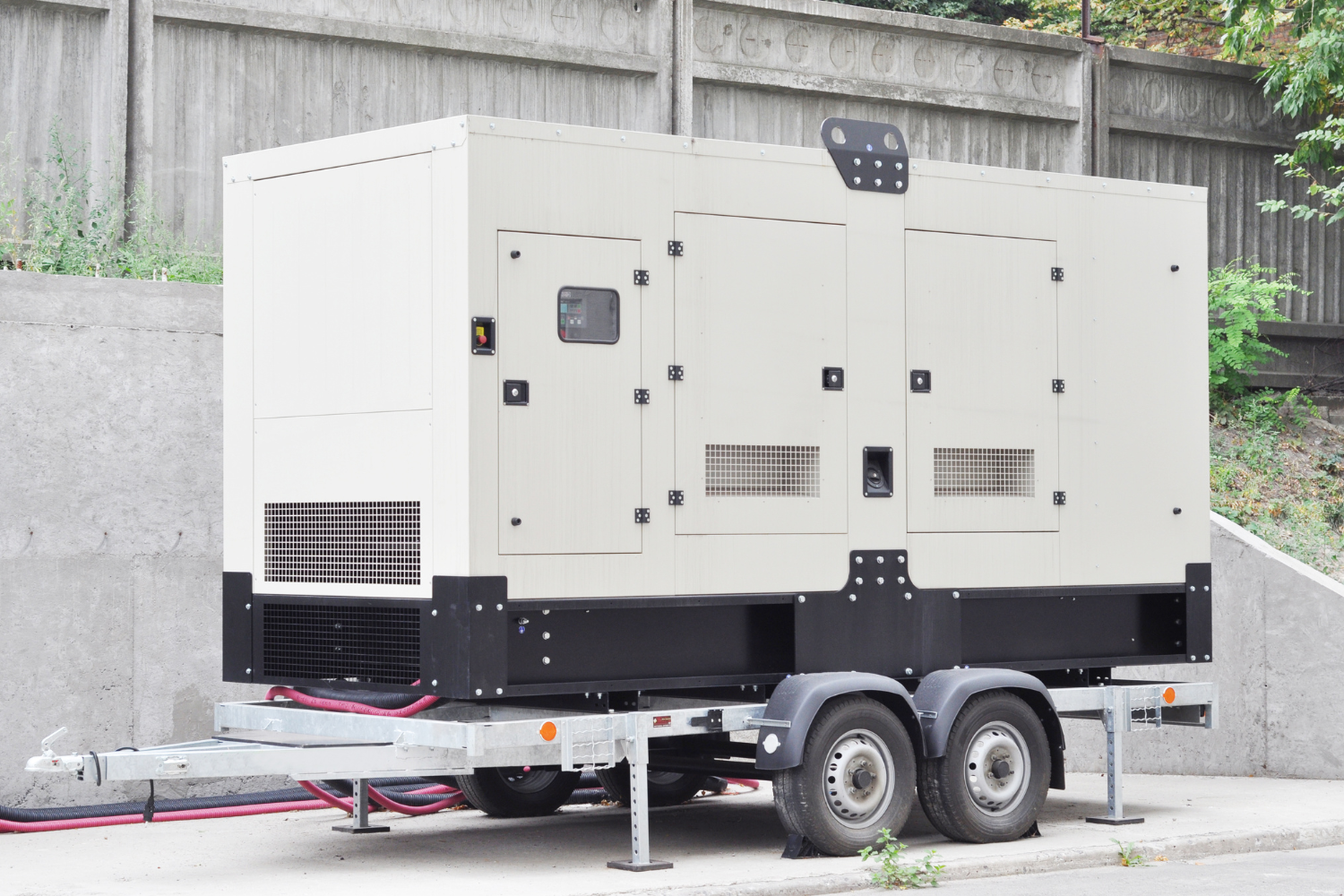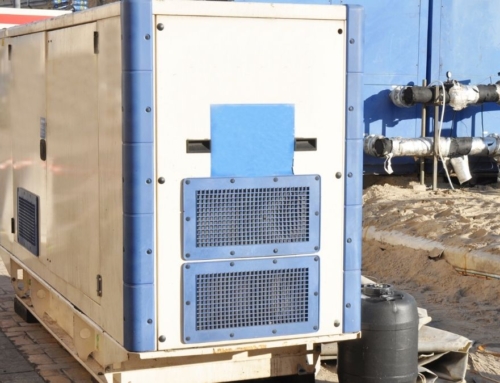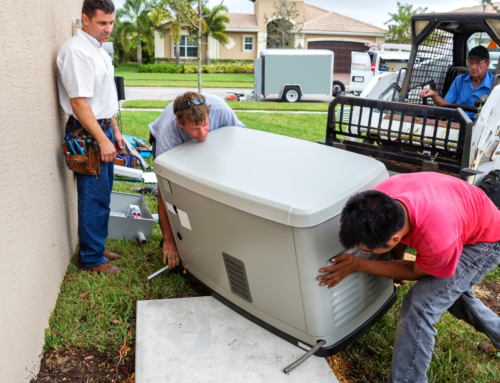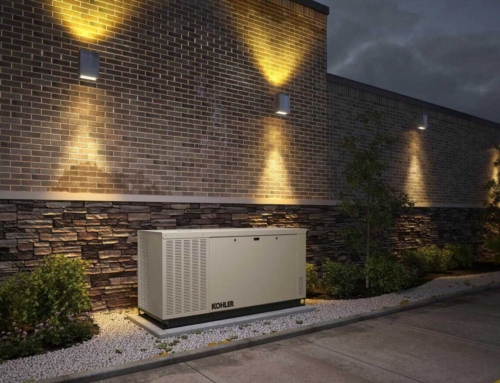A smooth power supply is essential for every area, from factory to manufacturing unit and even at home. Generators are an important component that helps with operational continuity and provides a seamless power supply. The question of standby generator vs backup generator is a common dilemma for businesses and homeowners seeking reliable solutions for power outages. Both carry their specific purposes and advantages in different sectors, commercial to domestic, and the choice relies on particular needs.
Standby Generators
The entire dependence in the technical era is on power supply. The power supply is essential for smooth operations. Standby generators encompass the following properties:
Automatic Power Assurance
Standby generators are prominent with the help of their automated functionality. They are engineered to display the incoming power supply continuously when a disruption is detected, whether due to a blackout or voltage drop; standby generators assume the responsibility of supplying energy.
Swift Transition with ATS:
Integration with an Automatic Transfer Switch (ATS) is an indicator characteristic of standby generators. The ATS guarantees a continuous transition between the primary power supply and the standby generator. This transition is so rapid that the occupants of a construction won’t even know the transfer.
Capacity for Critical Loads:
Standby generators are made to house the whole load of a facility or a predetermined set of essential circuits. This ability to deal with massive numbers makes them perfect for applications in which a momentary lack of energy isn’t just an inconvenience but can have intense effects.
Diverse Fuel Options
These generators are available in various options, which include diesel, natural fuel, and propane. The choice of fuel depends on elements, including availability, price, and particular needs.
Automatic Shut-Down
Standby generators are prepared with capabilities like an automatic shut-down mechanism once the primary energy source is restored. This guarantees that the generator does not continue running unnecessarily, optimizing fuel usage.
Applications of Standby Generators
- Healthcare Facilities
Hospitals and clinics, wherein uninterrupted power is critical for life-saving devices and processes.
In data centers, any interruption in energy can bring about data loss and downtime.
- Manufacturing Plants:
Manufacturing centers rely upon standby generators to avoid disruptions in manufacturing strategies.
- Emergency Services
Emergency services like fireplace stations and police departments rely upon standby generators to ensure operational continuity.
- Telecommunication Centers
Telecommunication centers require continuous strength to hold connectivity and communication services.
Benefits of Standby Generators
Operational Continuity
The primary advantage is the assurance of operational continuity. Standby generators act as a reliable backup, laying off disruptions and downtime.
Risk Mitigation
Standby generators mitigate the risk associated with electricity outages, protecting sensitive devices from potential damage.
Data Integrity
For programs like data centers, standby generators provide data integrity by ensuring uninterrupted energy for servers and storage structures.
Safety and Security
In important sectors like healthcare and emergency services, standby generators contribute to the protection and security of those who rely upon uninterrupted services.
Cost Savings
While the initial investment might be huge, the cost savings are related to keeping off downtime and potentially covering the investment in the end.
Backup Generator
A backup generator is a device that supplies power to electrical equipment continuously when electricity from the primary source is lost. Backup generators possess the following characteristics:
Manual Activation and Preparedness
Unlike standby generators, backup generators require manual activation. Users need to connect them to the electric device when a power outage happens. This function makes them appropriate for situations in which power loss can be expected, allowing people to prepare for potential disruptions.
Sizing and Capacity
Backup generators are frequently smaller in length compared to their standby generators. They are designed to offer power to circuits or devices in place of the primary source. This makes them practical for residential use and smaller businesses, wherein an entire backup of all structures won’t be essential.
Manual Switching Mechanism
Backup generators involve a manual switching mechanism. Users need to change from the primary power source to the generator when needed. This manual switching is appropriate in situations where a short power outage may be anticipated and instant action is not required.
Diverse Fuel Options
Backup generators are available in various fuel options, like diesel, natural gasoline, and propane. The preference for fuel depends on factors along with availability, consumer preference, and the precise needs of the application.
Applications of Backup Generators
- Residential Settings
Backup generators are generally used in houses to make sure that vital appliances and systems, like refrigerators and heating, are preserved to operate through power outages.
- Small Businesses
Small businesses, like nearby shops or workplaces, use backup generators to keep primary operations running through brief power cuts.
- Critical Systems in Commercial Settings
In smaller business setups, backup generators can be used to offer power to critical systems like security structures, lighting fixtures, and communication devices.
- Remote Locations:
Backup generators are important in remote locations where power outages are more common, ensuring that important devices stay operational.
- Events and Outdoor Activities
Portable backup generators are frequently used for outdoor activities, tenting, or construction sites, providing a transient power supply where access to the electrical grid is restricted. When contemplating portable vs standby generator options, remember that portable generators are generally more budget-friendly but have a limited runtime based on their fuel capacity.
Benefits of Backup Generators
- Affordability
Backup generators are cost-effective, making them an inexpensive solution for smaller setups or residential use.
- Ease of Use
Their manual activation and easier operation make backup generators easy for users to stay organized without the need for continuous automated backup.
Difference between Standby and Backup Generators
| Criteria | Standby Generators | Backup Generators |
| Automatic Activation | Starts automatically when the power supply is lost. | Manual activation is required to start a backup generator. |
| Integration with ATs | Integrated with ATS for smooth operations | Not integrated with ATs |
| Purpose | Used in places where automatic backup is important | Used in places where power loss can be tolerated, and manual activation can work. |
| Sizing | Large in size | Smaller in size |
| Application areas | Healthcare, Data centers | Residential areas, small businesses, events |
| Automatic Shut down | Automatic shut down | Manual shut down |
| User intervention | Not required | Required |
| Cost | Expensive due to automatic functions | Cost-effective |
| Fuel options | Diesel, natural gas, and propane | Diesel, natural gas, Propane |
To Sum Up!
Standby, as well as Backup generators, are important components of the power supply domain. Both devices have their advantages in different areas of application and are essential for managing an uninterrupted supply in required fields.
Find related: What factors lead experts to favor brushless diesel generators over other options?
Common Questions About Standby Generator vs Backup Generator
Q1: What is a standby generator?
A standby generator is a backup power device that automatically turns when power loss is detected to provide uninterrupted supply to critical applications.
Q2. How does a standby generator work?
A Standby generator is incorporated with Automatic Transfer Switches (ATS) that detect power loss and automatically switch to generator power, ensuring continuing transition.
Q3. What distinguishes a backup generator from a standby generator?
Unlike standby generators, backup generators require manual activation by the user and are generally smaller.
Q4. When are standby generators used?
Standby generators are normally used in important programs like hospital data centers, where uninterrupted power is important.
Q5.What is the main advantage of backup generators?
The primary advantage of backup generators is their affordability and suitability for situations wherein power loss can be managed, making an allowance for manual activation.
Q6.Can backup generators handle large loads?
Backup generators are generally smaller and designed for precise circuits, making them appropriate for residential and smaller industrial setups.
Q7.What fuel options are available for both standby and backup generators?
Standby and backup turbines are available in various fuel options, like diesel, natural gas, and propane, depending on user preferences and infrastructure.

